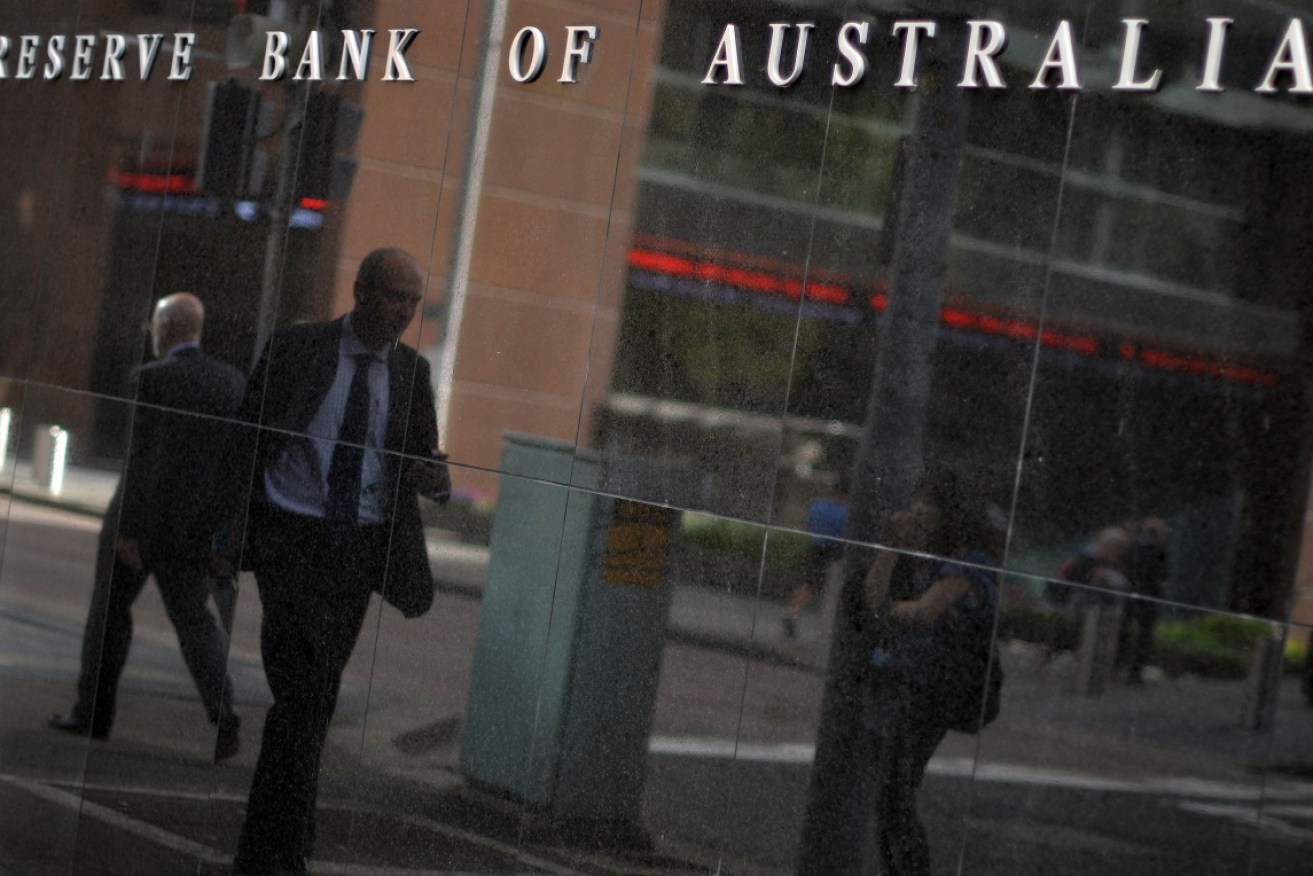How making the big banks safer could cost you

AAP
Home borrowers drooling over record low interest rates should brace themselves for a hit that could cut the benefits of further official rate cuts later this year.
With rates tipped to fall further in the coming months, the big banks may choose not to pass on the full value to consumers if they are forced by regulators to set aside a greater amount of money to cover bad debts.
Presently, the four major banks – Westpac, NAB, ANZ and CBA – put aside around $1.70 on every $100 they lend to home-buyers.
• No deal: banks refuse to cut credit rate cuts
• Consumer confidence on the rise
• House prices: what you can afford to buy overseas
However, under the new capital rules to be introduced by the Australian Prudential Regulation Authority (APRA), the major banks will be required to keep up to $3 of capital on every $100 they lend, effectively raising the cost to them of lending.
Soaring house prices in Sydney and Melbourne may help to fast-track the reforms.

At the moment, the four major banks – Westpac, NAB, ANZ and CBA – put aside around $1.70 on every $100 they lend to home-buyers. Photo: AAP
Two senior commercial bank executives told The New Daily that APRA is preparing to increase the capital requirements of the major banks for every home loan on their books.
“I would be very surprised if APRA did not introduce new capital rules before the end of June,” one anonymous banker said.
“That is going to increase our costs that we will need to make up some way.”
ANZ chief executive Mike Smith warned last year that if the proposed capital reforms were introduced, his bank would have little choice but to pass on the extra costs to borrowers.
“Higher capital costs will come at a cost to customers who will pay more for home lending,” Mr Smith said.
The major banks have an alternative way of funding the higher capital charges: they could sting their own shareholders by reducing dividends or issuing more shares.
Such moves would dilute the value of shares held by existing shareholders and potentially erode dividend returns.
Why is this happening?
For several years, APRA has been concerned that the major banks have not been stumping up enough statutory capital to cover for the risks of home borrowers defaulting on their loans.

Credit unions and smaller banks such as Bank of Queensland already put aside more cash when they write home loans. Photo: AAP
Credit unions and smaller banks such as Bank of Queensland already put aside more cash when they write home loans.
The recent Financial System Inquiry chaired by David Murray recommended that the capital obligations of the big banks should be brought into line with smaller lenders to support fairer competition in the home lending market.
But this important change may be implemented sooner than expected because APRA and the Reserve Bank are worried that the major banks might be fuelling excessive home lending.
RBA highlights risks in the housing market
Sydney and Melbourne house prices are continuing to gallop along and the boom has raised concerns among regulators that the property market is overheated.
While the Reserve Bank has signalled more rate cuts to boost consumer and business confidence in the economy, the Governor Glenn Stevens has warned several times this month that APRA is considering ways to tighten capital rules for banks.
“The (Reserve) Bank is working with other regulators to assess and contain economic risks that may arise from the housing market,” Mr Stevens said on February 3.
Last week Mr Stevens confirmed to a parliamentary committee that APRA was examining the need for the banks to hold more capital on home loans.
How the changes might affect your home loan

If your mortgage is with one of the majors or Macquarie Bank then the cost of servicing it may be affected by the reform. Photo: Shutterstock
The big four banks account for more than 70 per cent of all home loans in Australia.
So, if your mortgage is with one of the majors or Macquarie Bank then the cost of servicing it may be affected by the reform.
Borrowers with loans from small lenders are not likely to be affected.
The two retail bank sources told The New Daily that the industry was mostly resigned to the new capital rules being introduced this year.
However, they would not say whether all of the major banks were likely to follow ANZ’s promise to hike the rates of home-borrowers.








